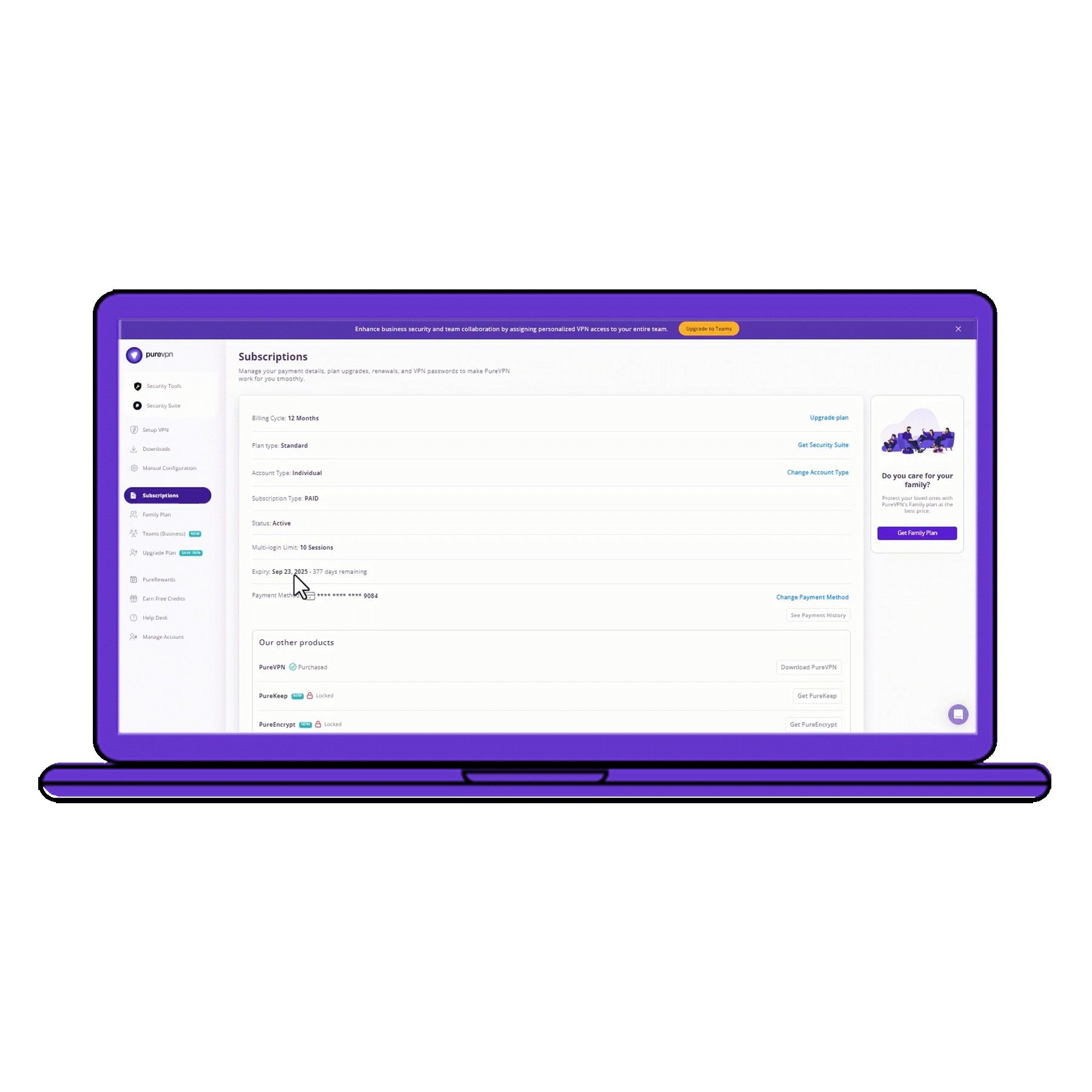What is Port Forwarding?
Port forwarding lets external devices connect to services on a private network by redirecting traffic from a router’s specific port to a designated device. It allows certain data to reach devices otherwise hidden from the internet and is often used for purposes, such as remote computer access and hosting game servers.
Do You Need to Port Forward Rust?
When you port forward Rust, it improves your gaming experience by reducing lag, stabilizing your connection, and improving server response times. It also allows you to host your own server, giving you control over who joins and how the game is played.
Information Required for Rust Port Forwarding
To set up port forwarding for Rust, you will need to know the following details:
1. Your router’s IP address.
2. Your computer’s address.
3. The UDP and IDP ports Rust uses.
How to Set Up Rust Port Forwarding
Here is a step-by-step guide to port forward Rust:
Step #1: Configure Port Forwarding on Router
1. Log into your router’s web interface by entering its IP address in a web browser.
2. Search for the port forwarding section in your router’s settings.
3. Enter the IP address of your gaming machine.
4. Specify the TCP and UDP ports used by Rust.
5. Save and restart your router to apply the new changes.
Step #2: Create Firewall Exception
1. Open the firewall settings on your computer.
2. Check if the TCP and UDP ports required for Rocket League are allowed through the firewall.
3. Give firewall permissions to the game’s executable file so it can communicate without roadblocks.
Step #3: Test if the Ports are Open
1. You can see if your ports are open by using online port checking tools like portchecker.co.
2. Launch Rust and join an online match to confirm if there is an improvement in the overall gaming experience.
Ports Needed to Run Rust
Ports to Forward on Steam
PureVPN’s Port Forwarding Add-On
Easy & Secured Way to Open All Ports
Port forwarding for Rust does not have to be complicated, thanks to PureVPN’s Port Forwarding add-on. Skip the hassle of adjusting router configurations and modifying firewall settings.
With PureVPN’s Port Forwarding add-on, you can open the required ports for Rust, enhance your connection’s stability, and reduce lag. Enjoy smoother, more responsive gameplay!
How to Port Forward Rust with PureVPN
1. Sign up for PureVPN, add Port Forwarding to your plan, and complete the payment.
2. Download and install the PureVPN app, launch it, and log into your account.
3. Go to the PureVPN Member Area, open Subscriptions, and click Configure next to Port Forwarding.
4. Select Enable specific ports, enter the required ports for Rust, and click Apply Settings.
5. Open PureVPN, connect to a port forwarding-supported server, and start playing Rust with improved connectivity!

Benefits of Using the Port Forwarding Add-On
PureVPN’s Port Forwarding add-on can help you in dozens of ways. Here are some top ways you can make the most of the add-on:
- Open and close ports on any device in no time.
- Get around the limitations of carrier-grade NAT.
- Forward ports without giving up VPN protection.
- Boost your connection speed for seamless gaming.
Frequently Asked Questions
What ports to forward for Rust?
You have to forward the ports (TCP) 27015, 27036, 28016, 28083 and (UDP) 27015, 27031-27036, 28015 in your router. However, you can simplify the process using the Port Forwarding add-on from PureVPN.
Does port forwarding help Rust?
Yes, port forwarding can help reduce lag, improve server connectivity, and provide a more stable gaming experience in Rust.
Why is Rust port forwarding not working?
If port forwarding is not working, check for errors in port numbers, verify your firewall is not blocking these ports, and make sure that your IP address has not changed.

